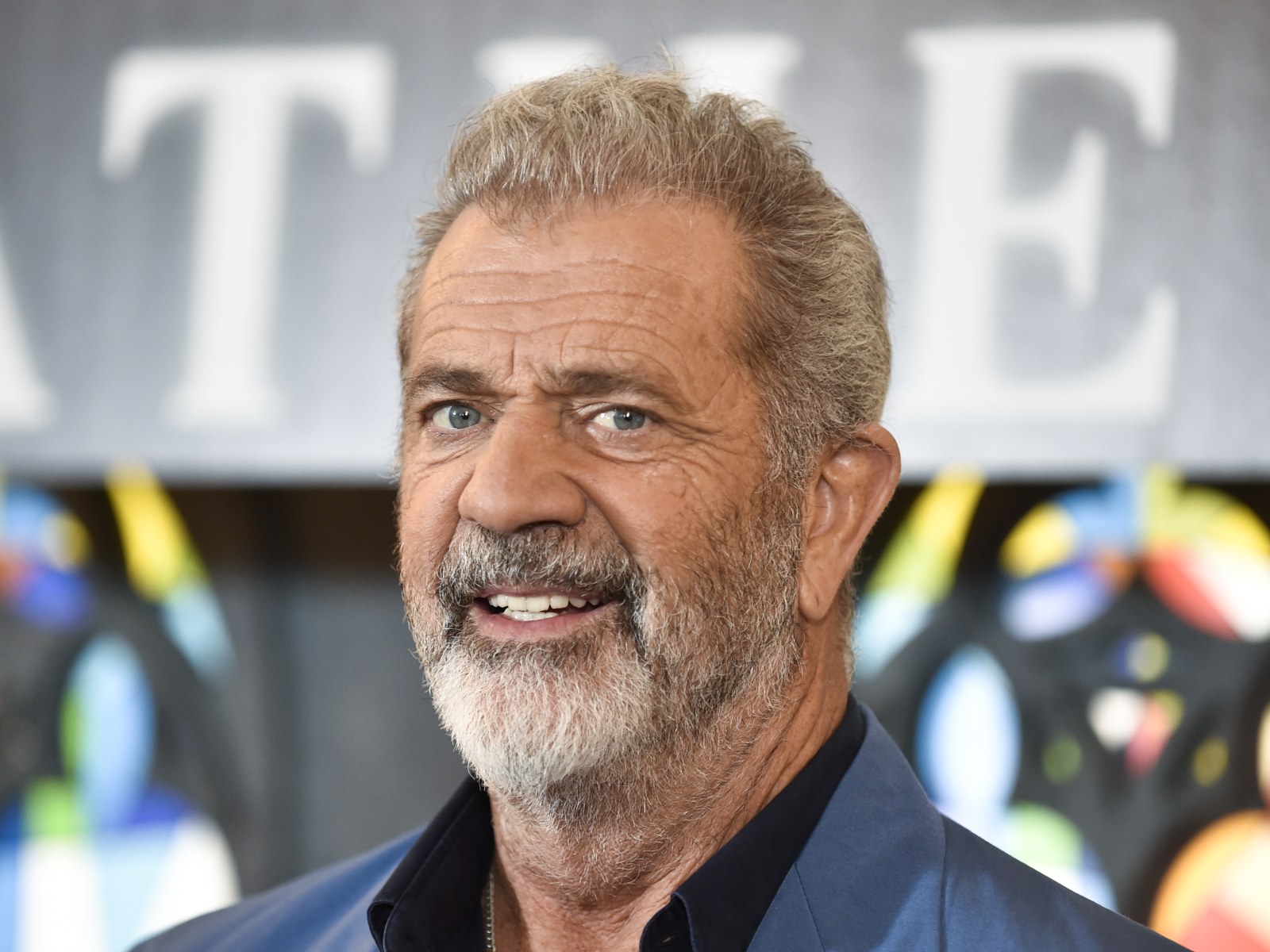Veteran actor and filmmaker Mel Gibson has offered his personal take on the devastating wildfires that recently ravaged parts of Los Angeles. His comments, shared during a recent interview with Fox News’ Laura Ingraham for The Ingraham Angle, have sparked widespread debate and drawn both support and criticism.
A Personal Loss Fuels Speculation
The star of Mad Max and Braveheart has a personal connection to the devastation caused by the fires, having lost his £12 million Malibu home in a previous wildfire. Reflecting on his experience and the recurring tragedies in the region, Gibson didn’t hold back in expressing his frustrations and theories.
“I can make all kinds of horrible theories up in my head—conspiracy theories and everything else—but it just seemed a little convenient that there was no water,” Gibson said during the interview. His remarks stem from his observations about alleged mismanagement and peculiar circumstances surrounding the disaster.
Gibson questioned the combination of factors that allowed the fires to spread so quickly and extensively. “The wind conditions were right, and there are people ready and willing and able to start fires,” he stated, suggesting the possibility that the destruction could have been orchestrated intentionally to clear valuable real estate.
Questions About Arson and Intent
The interview took a more pointed turn when Gibson addressed the recent arrest of a suspect in connection to one of the fires. Authorities have yet to release the suspect’s identity or motives, fueling speculation about the individual’s actions. Gibson questioned whether this person was acting alone or could have been “commissioned” as part of a larger, coordinated effort.
“They seem pretty well-equipped, some of these people that they’re catching,” Gibson said. He then elaborated on his concerns about potential sabotage, referencing claims about water mismanagement. “I know they were messing with the water, letting reserves go for one reason or another.”
His comments appear to echo broader conspiracies circulating about wildfires in the region, with some alleging intentional actions to depopulate areas or pave the way for lucrative developments. While no evidence has been presented to substantiate these theories, Gibson’s remarks have reignited public discourse on the topic.
A History of California Wildfires
California wildfires have become an increasingly destructive and frequent phenomenon in recent years. Fueled by prolonged droughts, high winds, and extreme heat, these fires pose a recurring threat to homes, wildlife, and human lives. Malibu, where Gibson once resided, is particularly vulnerable due to its dry vegetation and proximity to the Pacific Ocean, which can create strong wind conditions.
The state has invested heavily in combating these fires, with firefighters, emergency responders, and local governments working tirelessly to mitigate the damage. However, issues such as water shortages, land mismanagement, and climate change remain central to the ongoing crisis.
Public and Expert Reactions
Gibson’s comments have drawn mixed reactions. Supporters have praised him for raising questions about issues like resource allocation and potential foul play. They argue that his high-profile status can bring attention to overlooked aspects of wildfire management.
Critics, however, have accused the actor of spreading baseless conspiracy theories. Some have pointed out that such rhetoric can detract from the real issues at hand, such as climate change and the need for improved infrastructure to prevent and fight wildfires.
Environmental experts have also weighed in, emphasizing the complexity of wildfire causes. According to scientists, factors such as extreme weather patterns, poorly maintained power lines, and human negligence play significant roles. While arson is a contributing factor in some cases, experts caution against jumping to conclusions without solid evidence.
Broader Implications of Gibson’s Theory
The underlying theme in Gibson’s remarks is distrust in institutional management and the motives of individuals or entities involved in the aftermath of disasters. This sentiment is not uncommon among those directly impacted by tragedies, as emotions often run high in the wake of personal loss.
His theory about intentional destruction for profit aligns with broader public concerns about corporate and governmental priorities in the face of climate disasters. From debates about water resource management to questions about land use policies, Gibson’s comments tap into anxieties shared by many Californians.
Moving Forward: The Need for Transparency and Collaboration
Whether or not Gibson’s theory holds merit, his remarks highlight the importance of transparency and accountability in addressing California’s wildfire crisis. To restore public trust and mitigate future disasters, government agencies and private entities must prioritize:
- Clear Communication: Providing timely and accurate information to the public about the causes and management of wildfires can help dispel misinformation.
- Enhanced Resource Allocation: Ensuring sufficient water reserves and firefighting equipment is crucial to controlling wildfires more effectively.
- Community Involvement: Engaging residents in fire prevention strategies and emergency planning fosters a sense of collective responsibility.
- Scientific Research: Investing in studies to better understand wildfire dynamics and implement long-term solutions is essential.
Conclusion
Mel Gibson’s controversial theory about the LA wildfires has reignited conversations about the factors behind these devastating events. While his remarks have faced criticism for promoting unsubstantiated claims, they also underscore the frustration and grief experienced by those directly affected.
As California continues to grapple with the challenges of wildfires, it is vital to address the root causes with a combination of scientific expertise, community action, and policy reforms. Only through a united effort can the state hope to reduce the frequency and impact of these catastrophic events.


